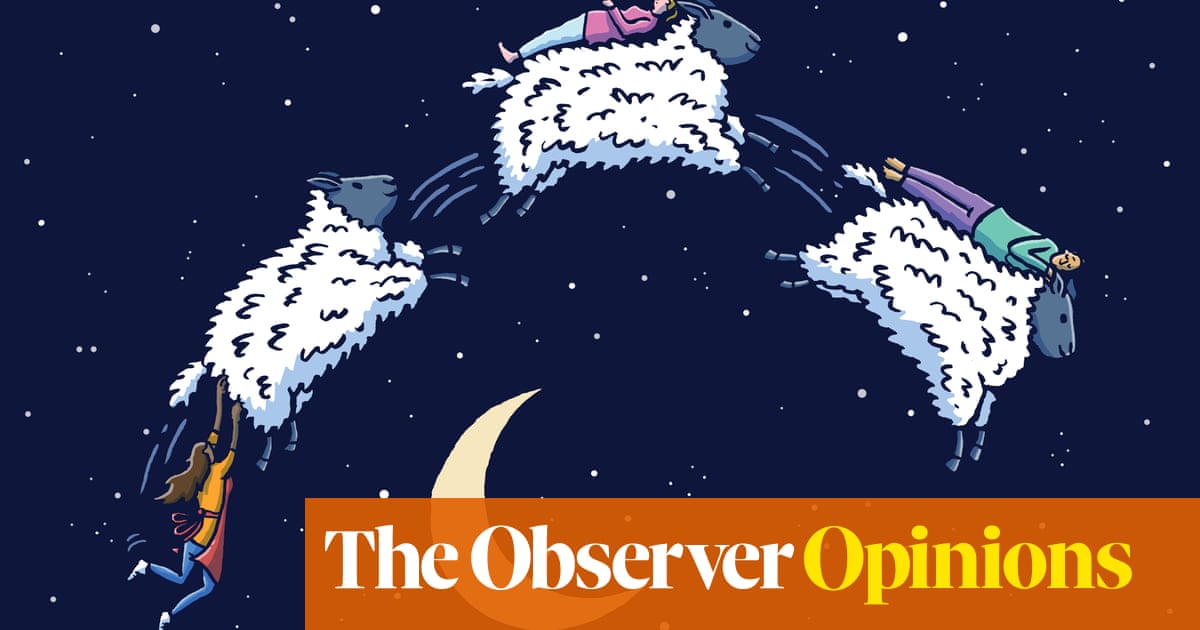
hen the UK went into lockdown in March, a tempest of tweets shared the heartening (or is that daunting?) observation that Shakespeare wrote King Lear during plague quarantine. Whether true or not, the suggestion led theatre director Nadia Papachronopoulou to conceive an online drama series that imagines Shakespeare’s characters in modern-day isolation. The project puts a new spin on familiar stories and is, she says, a celebration of the arts’ huge freelance workforce, which has been rocked by a period of instability as the pandemic threatens the industry’s future.
To make Shakespeare in Isolation, she assembled two dozen freelancers from theatre and television, including past colleagues and new collaborators. The four short films, directed by Papachronopoulou, have a playful “modern twist”. Shakespeare’s star-crossed lovers Romeo and Juliet are reimagined by writer Lisa Keddie as embarking on a relationship online, unable to meet in person due to pandemic restrictions. Chris Woodley turns Ophelia into a Spice Girls superfan who is trying to concentrate on self-care while avoiding texts from Hamlet.
Isobel McArthur has written a monologue for Valeria from Coriolanus in which the character strives to show the world how well she is coping in isolation, unable to acknowledge how difficult it really is. “I drew on what I perceived to be a widespread anxious desperation to present as ‘coping really well’ with our enforced reclusion,” says McArthur.
Caitlin Shannon’s take on A Midsummer Night’s Dream is set over Zoom, where the Fairy King and Queen are fighting and Peaseblossom is trying to mediate. Shakespeare’s comedy, says Shannon, “explores the gap between how things are and how we would like them to be, and takes us on a magical journey. I wondered how Titania and Oberon, two strong-willed spirits, might be doing cooped up together in the same space.”
Although the pieces were all made remotely, Papachronopoulou approached rehearsals like a normal play “so the actors could interact with each other and have authentic responses”. Her producers (Georgia Smith and Claire Kunzel), cinematographer (Tegid Cartwright) and editor (Simone Nesti) all work in television. Papachronopoulou had not directed for screen until recently and the project has enabled theatre and TV practitioners to learn from each other, she says. In April, she was also one of more than 50 creatives to come together for the Virtual Collaborators series of short films organised by Danusia Samal.
As a freelancer, the lockdown period has been “really scary”, says Papachronopoulou, who is also a dramaturg, teacher and producer. Many freelancers have fallen through the cracks in the government’s self-employment income support scheme and there are fears about finding opportunities in the coming months. “In the arts you spend so many years trying to make it and build a career. All that hard work. Being freelance, you don’t have a back-up plan.” She also directs drama schools’ third-year showcase productions, which have been hit by the lockdown this year, disrupting opportunities for the graduating students. “They want to go out in the world and make something. This should be their chance to get agents and make an impact and come into the industry.”
Shakespeare in Isolation has been made for love not money. “We wanted to create something that keeps us feeling alive and productive during this time,” she said. The films will be released online later this month and Papachronopoulou is hoping to seek a distributor so they can reach as wide an audience as possible. “We really hope it inspires people to donate to their local theatre, as they are really need of help right now,” she says, and adds a positive reminder that, when Shakespeare and co emerged from self-isolation, “theatre came back stronger than ever after the plague”.
For more about the project, follow Nadia Papachronopoulou on Twitter.












